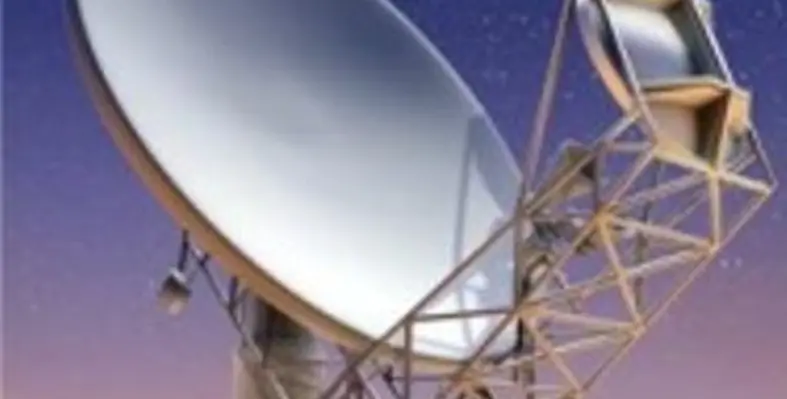Members of the European Parliament have called upon their colleagues to support scientific partnerships between Europe and Africa
European involvement in African science and especially in current radio astronomy projects presents a unique opportunity to bridge the traditional divide between developed and developing economies and contribute to attaining the Millennium Development Goals.
A Written Declaration on Science Capacity Building in Africa: promoting European African radio astronomy partnerships was launched by five members of the European Parliament. With this Declaration Miguel Angel Martínez Martínez (S&D), Filip Kaczmarek (EPP), Fiona Hall (ALDE), Judith Sargentini (GREENS) and Teresa Riera Madurell (S&D) call on all the members of the European Parliament to recognise the importance of science cooperation with Africa and acknowledge the continent’s competitive advantage in the study of radio astronomy.
The importance of science and technology for socio-economic transformation has already been recognised in the Millennium Development Goals. MEPs therefore see European involvement in African radio astronomy as a possible driver of socioeconomic change that can create new market opportunities for both continents. In the Written Declaration MEPs urge for the promotion of radio astronomy in future Africa-EU partnerships, and encourage development of science capacity in Africa through greater mobilisation of EU funding mechanisms and investment in research infrastructures.
The Written Declaration no. 45/2011 on Science Capacity Building in Africa: promoting European African radio astronomy partnerships is open for signatures until February 16 2012. To become an official document and to be transmitted to the Commission, the Council and the parliaments of the member states, the declaration must be signed by a majority of MEPs.
Europe has many radio astronomy research groups, but the continent’s population density and sky coverage are not suitable to host the most innovative observatories. Africa, on the other hand, has all the potential to take a step forward in radio astronomy research. Coverage of the astronomically “rich” southern sky, low levels of radio frequency interference, and very little light pollution is what Africa can offer.
African governments are aware of their comparative advantage in radio astronomy and have chosen it as their scientific priority. The continent already hosts some of the world’s most exciting astronomy facilities, including the Southern African Large Telescope (SALT), the Gamma Ray telescope HESS in Namibia and the Astronomy Development Office of the International Astronomical Union (IAU). Now South Africa is building one of the world’s largest radio telescope arrays, MeerKAT, which is already in use by the international astronomy community. A group of nine African countries (South Africa, Kenya, Ghana, Mauritius, Madagascar, Namibia, Zambia, Botswana and Mozambique) is also a candidate site to host the Square Kilometre Array (SKA), the world’s biggest radio telescope that will allow scientists to address many of the fundamental, unanswered questions about the universe we live in.
Such large scale research projects are important for this rapidly growing continent. They attract youth towards scientific studies, boost human capital development and contribute to socioeconomic development. New employment opportunities and development of basic services and infrastructures also effectively contrast the brain drain that costs Africa billions of dollars each year.
For Europe, Africa is the closest geographical area that offers many opportunities for radio astronomy, scientists and industry. Astronomers are already using the data coming from African telescopes – MeerKAT has by now allocated more than 43,000 hours of observing time to astronomers around the world – whereas businesses could play an important part in the development of equipment.












